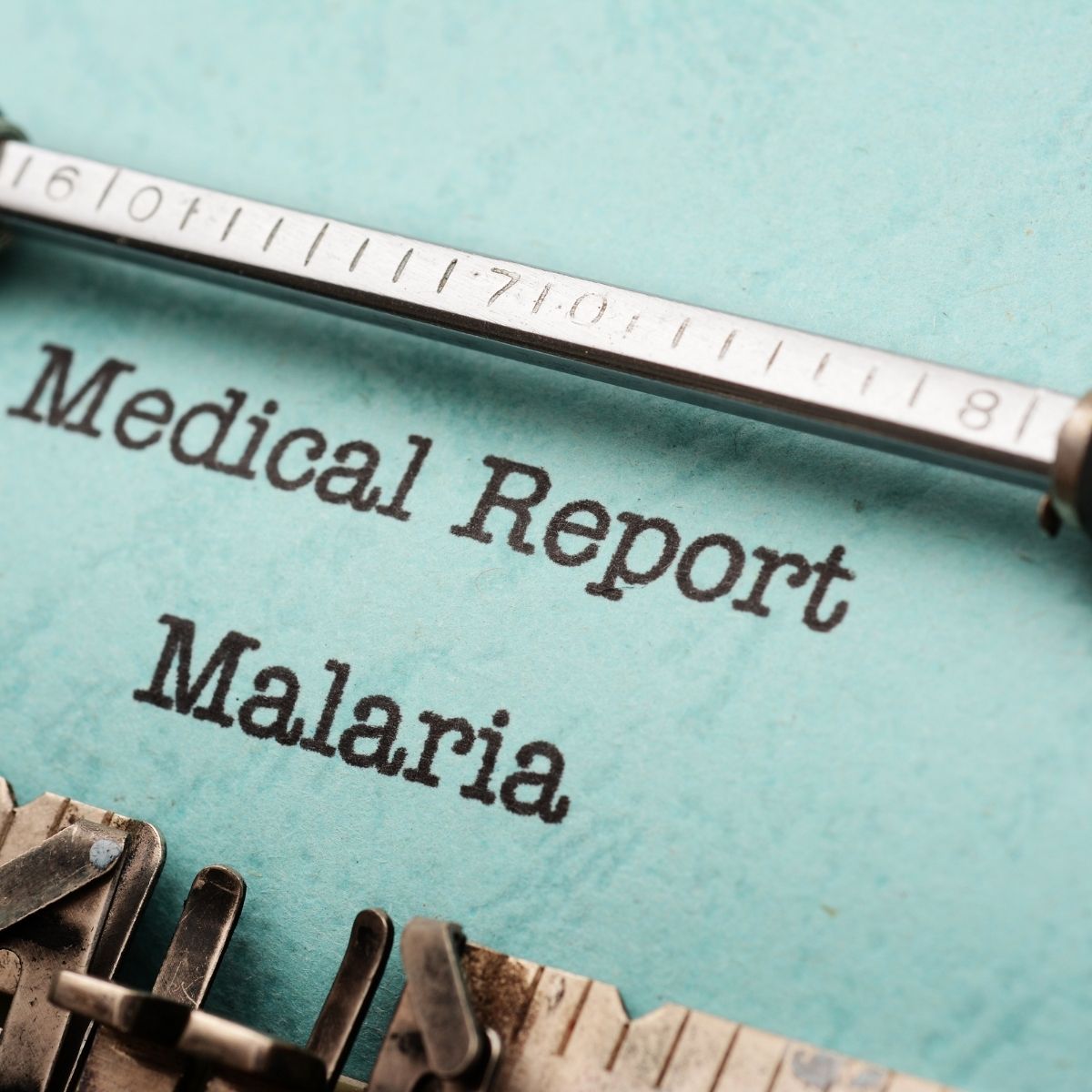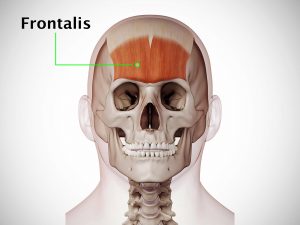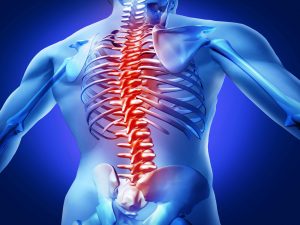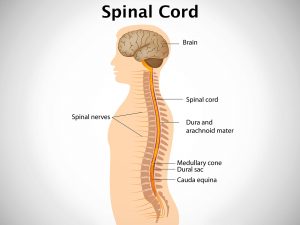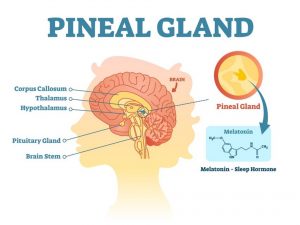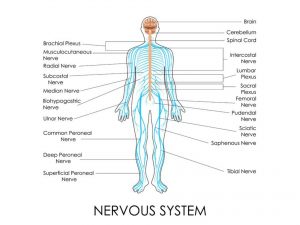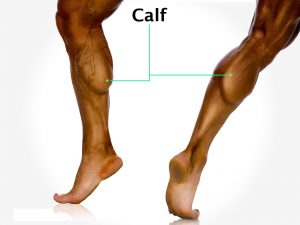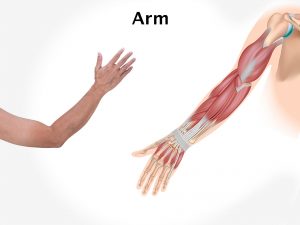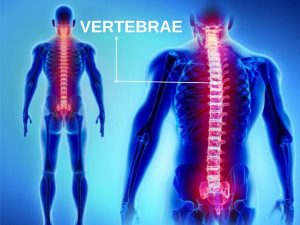Causes and risk factors
The anopheles mosquito bite transmits the parasite into the human blood. In the liver cells the parasite reproduces asexually further infecting the red blood cells and giving rise to a set of symptoms. The red cells which the parasite affects tend to sludge and microinfaction in the capillaries of the brain occurs. When the uninfected mosquito bites the carrier of the parasite, it becomes infected and thus become a potent carrier to transmit the disease to another person. The infection can also be transmitted due to transfusion of the blood infected with the parasite. Certain risks factors have also been laid down. People suffering from diseases like tuberculosis, HIV where the immunity is compromised they are at high risk for developing the infection. Poor sanitary areas are more prone for such infection. The exact pathogenesis is still not clear as how the parasite affects the brain.
Clinical presentation:
Cerebral malaria is one of the major complications caused due to plasmodium falciparum. Apart from the complaints of fever, headache, body ache, pain in joint, vomiting along with pain in abdomen, Progressive weakness and prostration occurs. The patient becomes unconscious. Hemorrhages along with abnormality in posture, ocular movement and seizures are seen. Abnormal breathing patterns are seen. The person can land up into coma after 1 hour of termination of seizures. It can lead to complications like hyperpyrexia, hypoglycemia and shock. . It can cause the person to land up in coma; it can also affect the neurological functioning and can even lead to death. Majority of deaths caused due to malaria are due to plasmodium falciparum.
Investigations:
The diagnosis is confirmed on the basis of the symptoms narrated by the patients and certain physical examination is carried by the doctor. Certain sets of investigations can also be advised which will aid in the confirmation of the disease. The malaria antigen detection test is the diagnostic investigation advised. The peripheral blood smear examination shows high levels of circulating parasite. The other tests include the complete blood count and urine routine and CSF examination. Laboratory blood tests like thick and thin smears during the episode of fever and chills along with the immunochromatographic dipstick or rapid card test helps in spot diagnosis.MRI and CT scan of the brain can also be advised.
Treatment:
The first line of treatment consists of administration of anti malarial medications. Quinine is the drug of choice. However since resistance to this drugs have been noted new drugs in combination are advised by the expert faculty. Depending upon the symptoms severity hospitalization and intravenous fluid administration is initiated.
Vector control is the only preventive method for malaria. Along with this use of mosquito repellants, bed nets and long sleeved covered clothes can be helpful to prevent oneself from the mosquito bite. Proper hygiene and maintenance of sanitation should be adopted.
Other Modes of treatment:
Certain other modes of treatment can also be helpful in coping up the disease. Taking into consideration the symptoms in holistic way, homoeopathy can offer a good aid for the relief of the symptoms. The Ayurvedic system of medicine uses herbal and certain synthetically prepared medicines. These can also be effective to combat the symptoms.
Recent updates:
As per an article published in medindia, a research conducted showed that children with cerebral malaria are at risk of developing several adverse neurological outcomes including epilepsy, disruptive behavior disorders and disabilities characterized by motor, sensory or language deficits.
